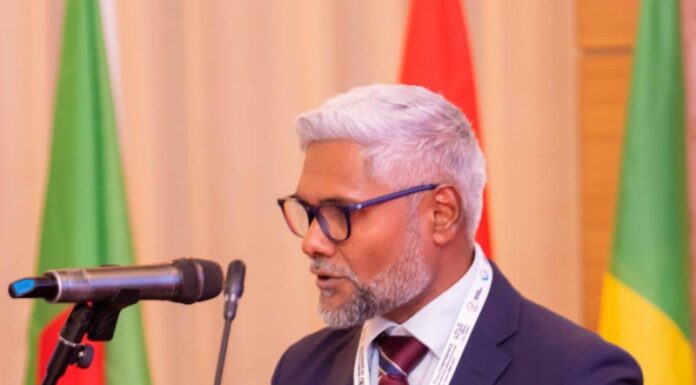By Amos Wachira
As we navigate an era of economic uncertainty and widening inequality, microfinance continues to stand as a beacon of hope for millions around the world. This issue of Business insights Africa Magazine delves into the transformative power of small-scale financial services, showcasing how access to credit, savings, and insurance can uplift individuals, families, and entire communities.
Microfinance is more than just loans—it’s a tool for empowerment. For low-income entrepreneurs, especially women, a small loan can mean the difference between subsistence and self-sufficiency. It enables a seamstress to buy her own sewing machine, a farmer to purchase better seeds, or a street vendor to expand her inventory. These seemingly modest investments create ripple effects, fostering local economies and breaking cycles of poverty. In this edition, we highlight inspiring stories of borrowers who have turned microloans into thriving businesses, proving that financial inclusion is key to sustainable development.
Yet, the microfinance sector is not without its challenges. High interest rates, over-indebtedness, and regulatory hurdles remain pressing concerns. Critics argue that some institutions prioritize profits over social impact, risking the very mission they were founded to serve. We examine these issues head-on, featuring Dr. Patrick Gthondu, chief Executive of Bimas Kenya on responsible lending practices and the evolving role of fintech in making microfinance more transparent and accessible.
One of the most exciting developments in recent years is the fusion of microfinance with digital technology. Mobile banking, blockchain, and AI-driven credit scoring are revolutionizing how financial services reach the unbanked. In our cover story, we explore how fintech startups like SasaPay are bridging gaps left by traditional institutions, particularly in remote and underserved regions. These innovations are not just changing microfinance—they’re redefining financial inclusion altogether.
As we look to the future, the potential for microfinance to drive social change has never been greater. Climate resilience loans, education financing, and health-related microinsurance are emerging as critical tools in addressing global challenges. We must continue to advocate for ethical practices, investor accountability, and policies that prioritize the underserved.
At Business Insights Africa, we believe that finance, when wielded with purpose, can be a force for good. Whether you’re an investor, practitioner, or simply someone passionate about economic justice, we invite you to engage with these stories, share your insights, and join the conversation on how microfinance can build a more equitable world.
Thank you for reading, and for being part of this mission.
editor@businessinsights.africa

















